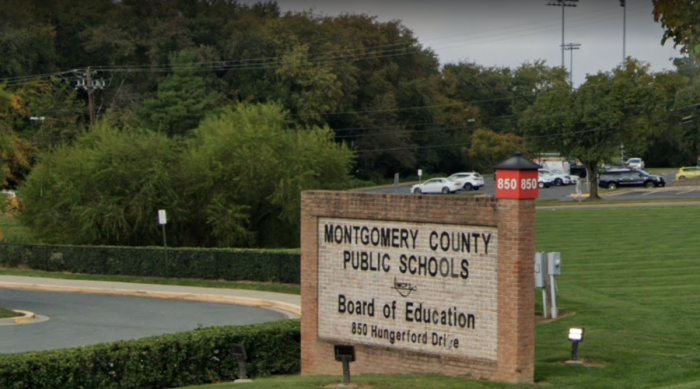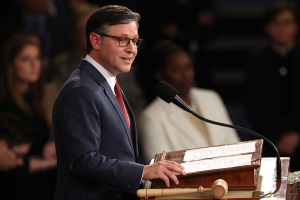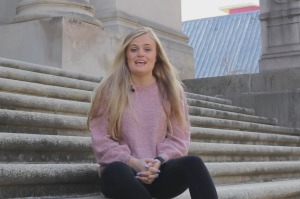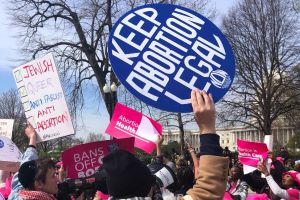Maryland's largest school district doesn't have to allow opt-outs of LGBT teachings: appeals court

Maryland's largest school district will not be forced for now to allow parents of elementary school students to opt their children out of classes that include LGBT literature in the curriculum they find objectionable, a federal appeals court ruled.
A three-judge panel of the 4th U.S. Circuit Court of Appeals ruled 2-1 Wednesday that Montgomery County Public Schools does not have to allow parents the ability to opt their children out of the courses even if they hold religious objections to the promotion of LGBT ideology.
Circuit Judge G. Steven Agee, a George W. Bush appointee, authored the majority opinion, concluding that the parents didn't provide sufficient evidence to justify a preliminary injunction against the school district while the case is being adjudicated.
"We take no view on whether the Parents will be able to present evidence sufficient to support any of their various theories once they have the opportunity to develop a record as to the circumstances surrounding the Board's decision and how the challenged texts are actually being used in schools," wrote Agee.
"At this early stage, however, given the Parents' broad claims, the very high burden required to obtain a preliminary injunction, and the scant record before us, we are constrained to affirm the district court's order denying a preliminary injunction."
"[T]here's no evidence at present that the Board's decision not to permit opt-outs compels the Parents or their children to change their religious beliefs or conduct, either at school or elsewhere," Agee wrote.
"Supreme Court precedent requires some sort of direct or indirect pressure to abandon religious beliefs or affirmatively act contrary to those beliefs," he continued. "And simply hearing about other views does not necessarily exert pressure to believe or act differently than one's religious faith requires."
Circuit Judge A. Marvin Quattlebaum, Jr., a Trump appointee, authored the dissent, contending that the parents had "shown the board's decision to deny religious opt-outs burdened these parents' right to exercise their religion and direct the religious upbringing of their children by putting them to the choice of either compromising their religious beliefs or foregoing a public education for their children."
"They do not claim the use of the books is itself unconstitutional. And they do not seek to ban them. Instead, they only want to opt their children out of the instruction involving such texts," Quattlebaum continued.
"The board's refusal to grant the parents' requests for religious opt-outs to instruction with the books the board required be used to promote diversity and inclusivity to the LGBTQ+ community forces the parents to make a choice — either adhere to their faith or receive a free public education for their children. They cannot do both."
Eric Baxter, senior counsel and vice president at Becket, a religious liberty legal group representing the parents, said they plan to appeal the decision.
"The court just told thousands of Maryland parents they have no say in what their children are taught in public schools," Baxter told The Hill. "That runs contrary to the First Amendment, Maryland law, the School Board's own policies, and basic human decency."
In October 2022, the Montgomery County Board of Education announced that it had approved a group of LGBT-themed books for the English language arts curriculum in schools.
In response to this decision, a coalition of Christian, Muslim and Jewish parents filed suit against Montgomery County Schools last year. U.S. District Judge Deborah Boardman, a Biden appointee, rejected their motion for a preliminary injunction in August.
Boardman argued that the parents failed to show that the "use of the storybooks crosses the line from permissible influence to potentially impermissible indoctrination."
"The evidence suggests that, generally, MCPS teachers will occasionally read one of the handful of books, lead discussions and ask questions about the characters, and respond to questions and comments in ways that encourage tolerance for different views and lifestyles," wrote Boardman. "That is not indoctrination."





























